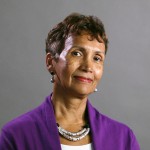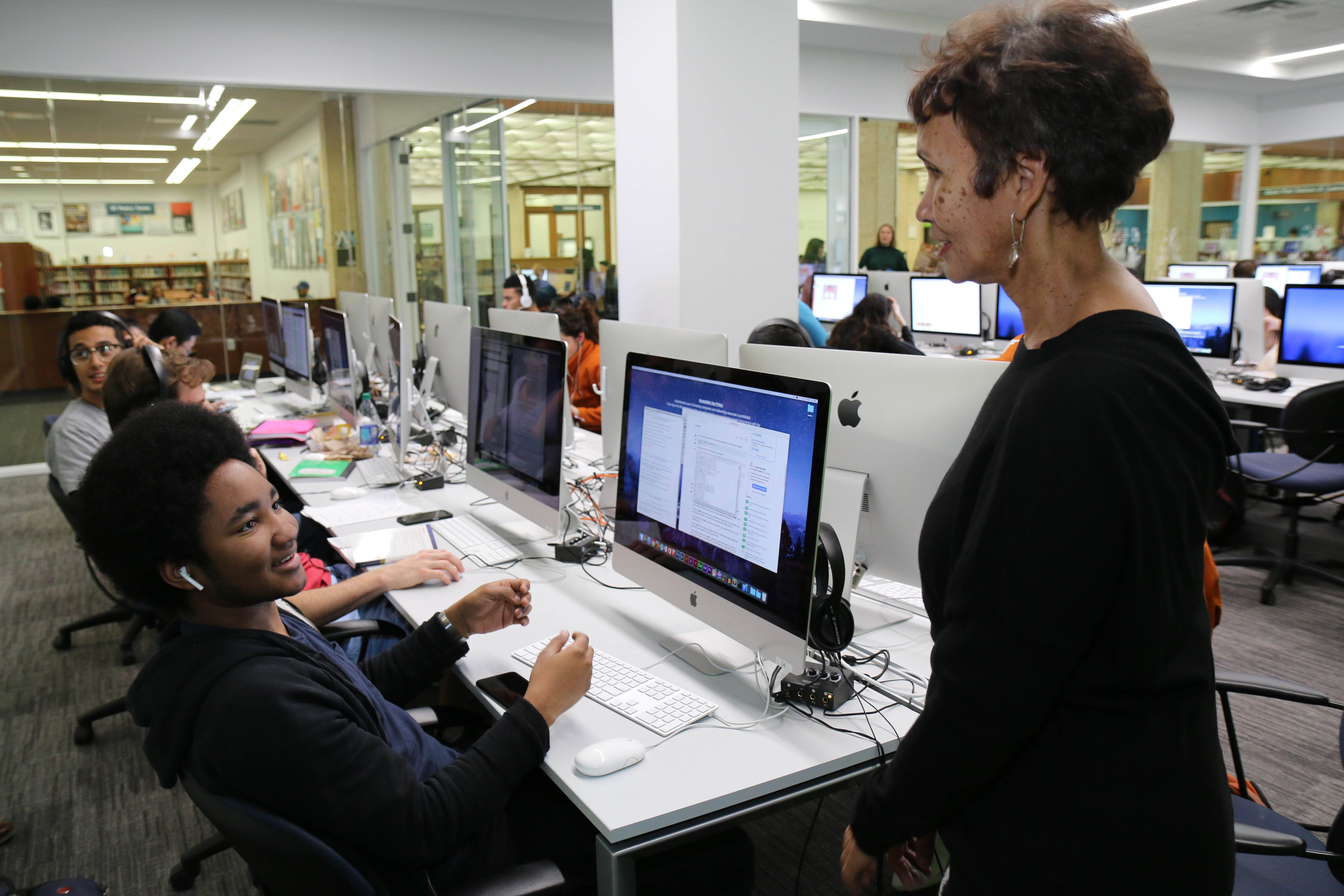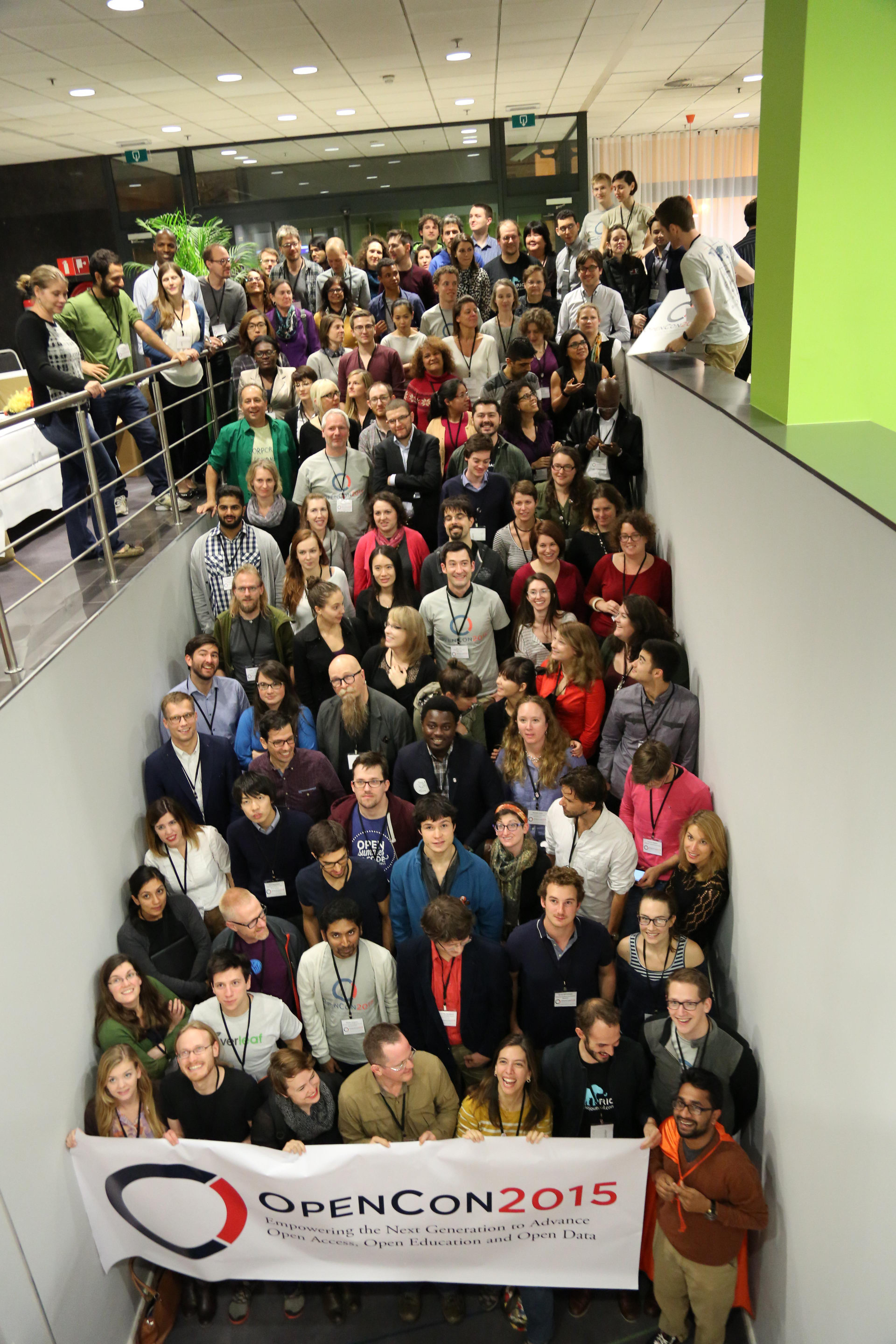 An exciting aspect of my role as VP and Director of UT Libraries is the opportunity to meet and discuss academic libraries’ roles in an age of networked information. The rapid rate of change in technology is a key driver but not the only one. The first generation of the twenty-first century has arrived on our campuses with very different expectations of discovering and accessing information and learning styles.
An exciting aspect of my role as VP and Director of UT Libraries is the opportunity to meet and discuss academic libraries’ roles in an age of networked information. The rapid rate of change in technology is a key driver but not the only one. The first generation of the twenty-first century has arrived on our campuses with very different expectations of discovering and accessing information and learning styles.
In higher education the internet has enabled new modes of research and communication, new knowledge products. And libraries are stepping up to embed librarians in that life-cycle. Simply put, libraries are at the heart of today’s digital transformation in research and scholarly communication, and UT Libraries is no exception.
Our commitment is to embrace the core values of our profession to select and acquire, describe, make accessible and preserve valuable resources to support UT’s mission. Our goal is to remain both relevant and strategic as we continue to assess our services, programs and expertise to leverage very limited resources efficiently. We do so by engaging our users to understand their needs to position UT Libraries as a significant node in a rapidly changing higher education ecosystem.
The Provost’s new Task Force on “The Future of the UT Libraries” is well-timed to have that conversation with our primary stakeholders. I look forward to an opportunity to listen, understand and share the amazing stories of faculty and students who are impacted by work that happens at UT Libraries every day.



 Two recent publications cap lengthy inquiries into the impact of Web 2.0 upon scholarly communication practices, and each merits review by library administrators and planners everywhere.
Two recent publications cap lengthy inquiries into the impact of Web 2.0 upon scholarly communication practices, and each merits review by library administrators and planners everywhere.